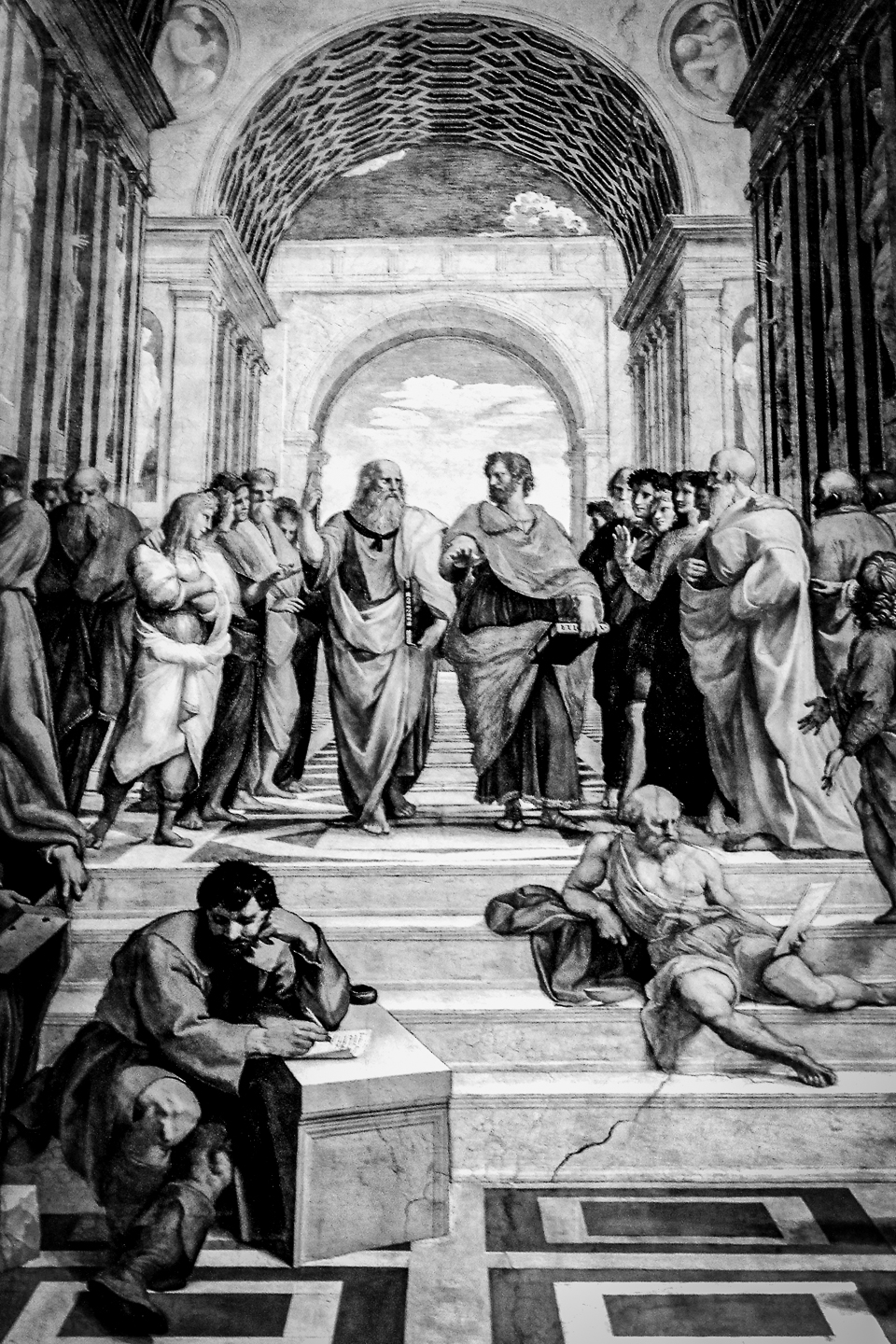In a letter to John Adams, Thomas Jefferson once wrote, “How much pain they have cost us, the evils which have never happened.” This reflection resonates deeply in our lives, especially when we confront worries and fears that are often only products of our own imagination.
Often, the concerns we carry are like shadows, projecting themselves onto our paths and making the journey harder than it really needs to be. Life already presents its own challenges; allowing our fears and imaginary worries to create more obstacles only serves to further hinder our progress.
It is crucial to remember the concept of “kathêkon” (καθῆκον) – the simple and appropriate actions on the path to virtue or knowledge. In the midst of fear and uncertainty, we must strive to keep moving forward, even if it’s with small steps. Shame, in particular, is a feeling that often binds us, as we worry about others’ perceptions of us. However, as is often observed, those who judge us are not the ones sustaining our lives.
Throughout my travels abroad, I witnessed individuals with limited knowledge of English seeking new opportunities away from home. While some may have faced failures, they all shared a common characteristic: the courage to try to overcome the language barrier. This is where the lesson behind the word “FAIL” (First Attempt In Learning) becomes relevant. Trying and failing are intrinsic parts of the growth and learning process.
The real secret lies in action, in the courage to try, even in the face of fear. As Marcus Aurelius pointed out, our lives are shaped by the sum of our individual actions. Therefore, it is essential that we commit to action, to move forward, without allowing fear to paralyze us. After all, as Jefferson eloquently expressed, it is often the fear of what will never happen that afflicts us the most.
In addition to the wise words of Thomas Jefferson and Marcus Aurelius, Eleanor Roosevelt also offers an inspiring perspective on dealing with fear and shame. She once said, “You gain strength, courage, and confidence by every experience in which you really stop to look fear in the face. You are able to say to yourself, ‘I lived through this horror. I can take the next thing that comes along.’” This quote emphasizes the importance of confronting our fears and, in doing so, discovering our own inner strength.
Furthermore, the renowned author and speaker Brené Brown provides valuable insight into the role of vulnerability in overcoming fear and shame. In her words, “Vulnerability is not weakness; it’s our greatest measure of courage.” This reminds us that admitting our weaknesses and facing our insecurities requires a significant amount of courage and authenticity. Instead of being ashamed of our vulnerabilities, we can embrace them as part of our journey toward personal growth.
Therefore, in seeking to overcome fear and shame in our lives, it is essential to turn not only to the teachings of historical figures like Jefferson and Marcus Aurelius, but also to the contemporary insights of leaders and thinkers like Roosevelt and Brown. By combining these perspectives, we can develop a more comprehensive and holistic understanding of how to confront our fears and move forward with courage and determination.
Ultimately, by recognizing that fear and shame are part of the human experience, we can learn to transcend them and find meaning and fulfillment in our lives. As Jefferson, Marcus Aurelius, Roosevelt, and Brown remind us, it is through courageous action, acceptance of vulnerability, and direct confrontation of our fears that we truly discover our inner strength and achieve our full potential. We must commit to action, moving boldly into the unknown, even if it means facing fear and uncertainty. Only then can we truly live our lives without the restrictions imposed by fear and shame.

Leave a Reply
You must be logged in to post a comment.